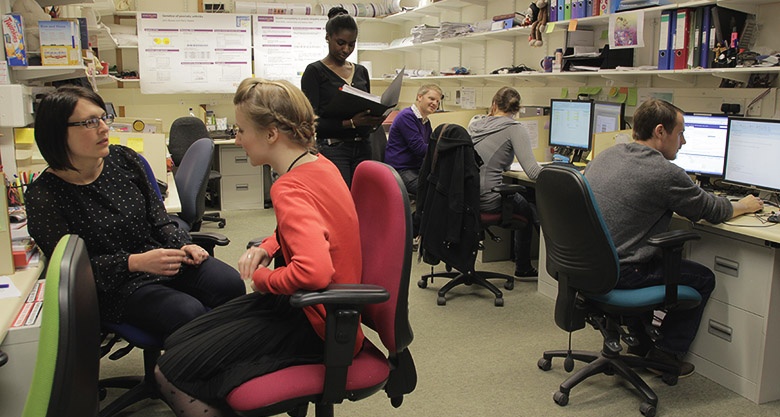New research suggests association between chronic widespread pain and frailty in older European men
Researchers at the University of Manchester have found that chronic pain is associated with an increased risk of frailty in older men, according to an NIHR study published in the Journal of Age and Ageing.
Frailty is a widely recognised syndrome in older people. Katie Wade, a postgraduate research student who is currently based at the NIHR Manchester Musculoskeletal Biomedical Research Unit (BRU), hypothesised that chronic pain by acting as a stressor, may influence the development of, or worsening, frailty.
Using data from a large prospective study of aging in men, the European Male Ageing Study (EMAS), led by Professor Fred Wu at the University of Manchester, she looked at data on chronic pain and frailty in more than 2,700 men aged between 40 and 79 years. Subjects who reported chronic pain at baseline were more likely to develop frailty during a 4 year follow up period than those without pain.
Furthermore, using a widely used index of frailty she observed worsening in the index among those who reported chronic pain at baseline. These associations persisted after adjustment for lifestyle factors including smoking and physical activity levels.
According to Professor Terry O’Neill, a member of the research team:
These findings are important and add to our understanding of the long term adverse health impact linked with chronic pain in older people; they suggest also potential opportunities for targeted interventions to reduce the occurrence of frailty.
“Further research is required though to confirm the findings and to explore the biological mechanisms which may link chronic pain and frailty.”
The NIHR Manchester Muscuskeletal Biomedical Research Unit is a partnership between Central Manchester University Hospitals NHS Foundation Trust and The University of Manchester




